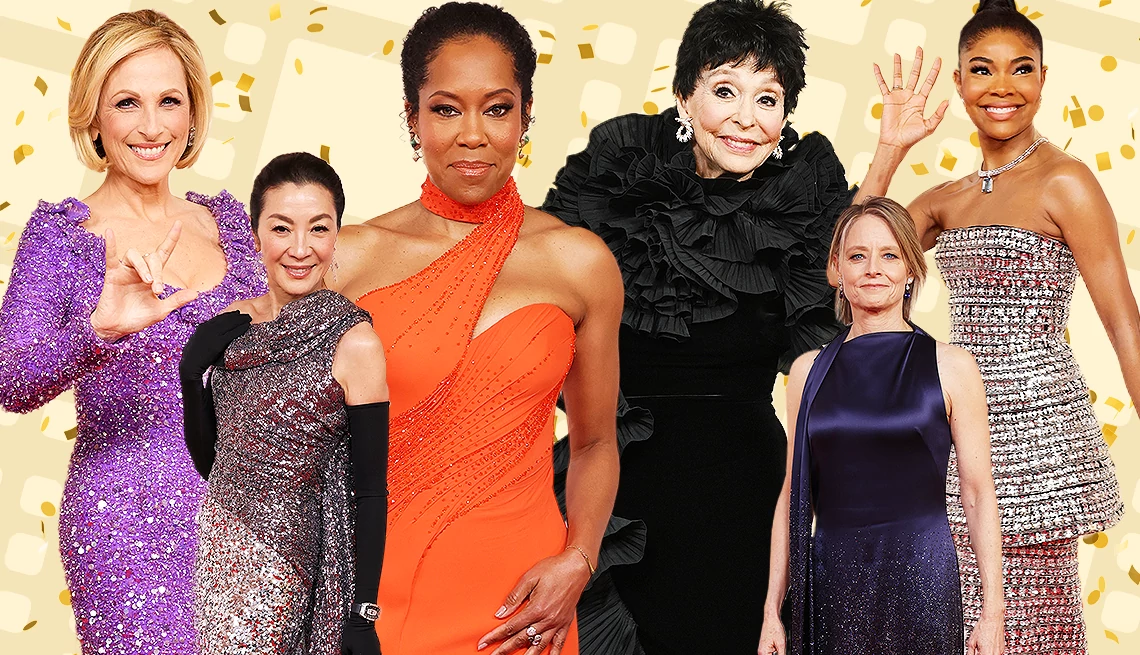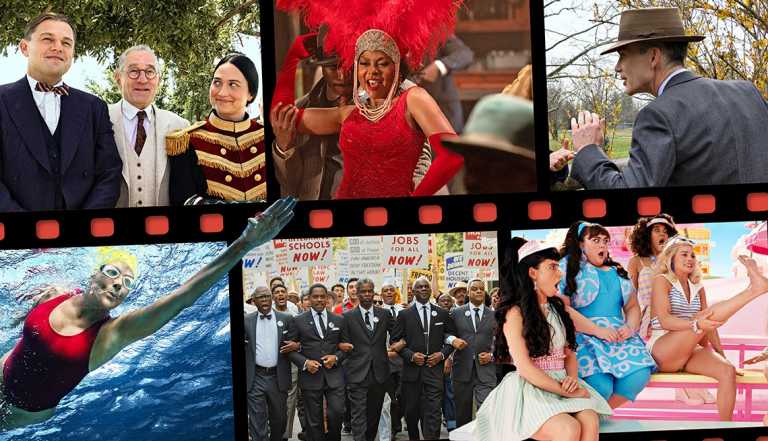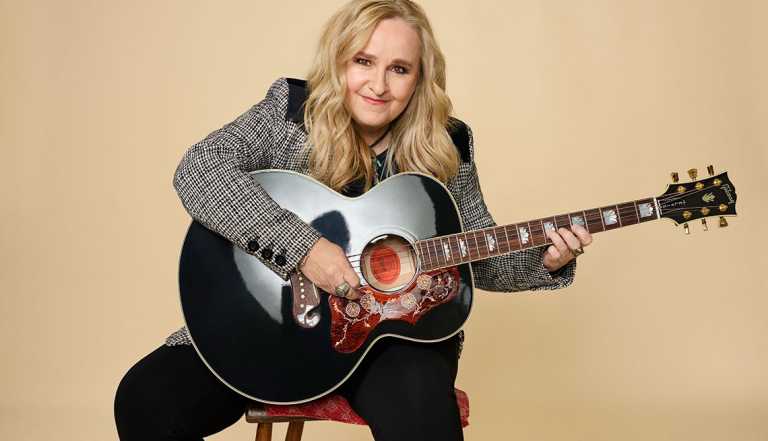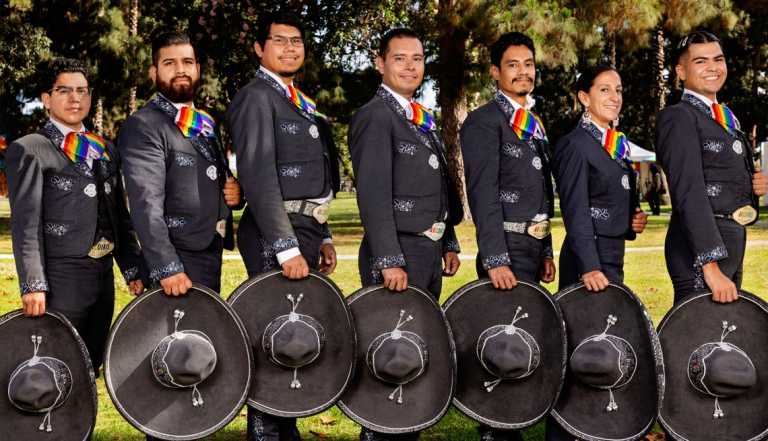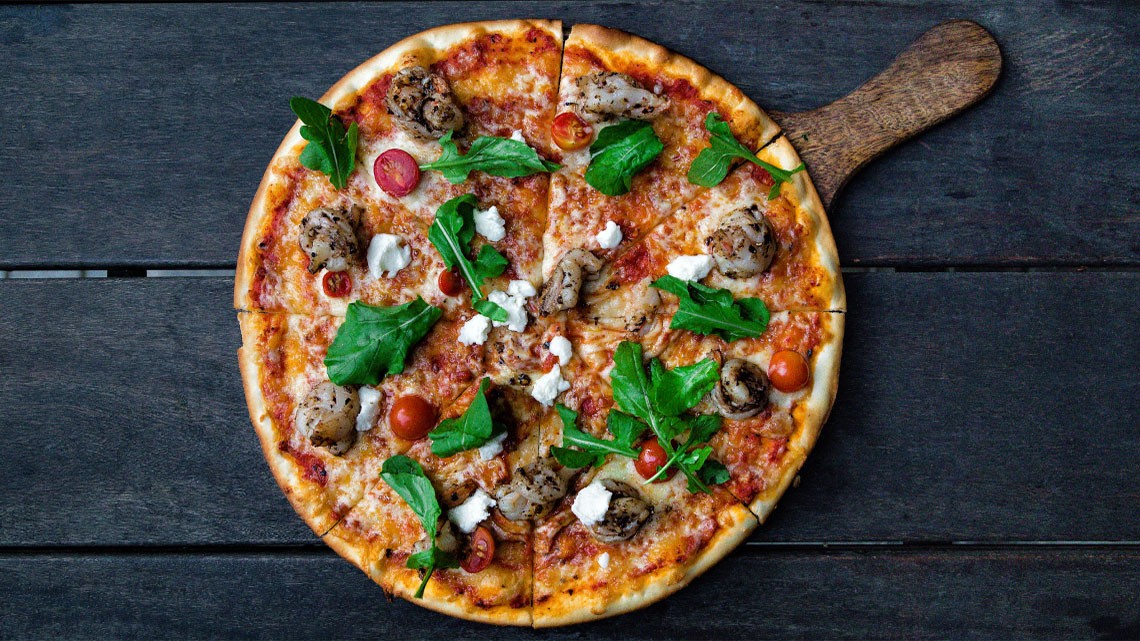Staying Fit
LGBTQ+ Community
News, finance, wellness and other topics of interest for the lesbian, gay, bisexual, transgender and queer community
Pride and Joy


AARP Membership
$12 for your first year when you sign up for Automatic Renewal
Get instant access to members-only products and hundreds of discounts, a free second membership, and a subscription to AARP the Magazine.



























































